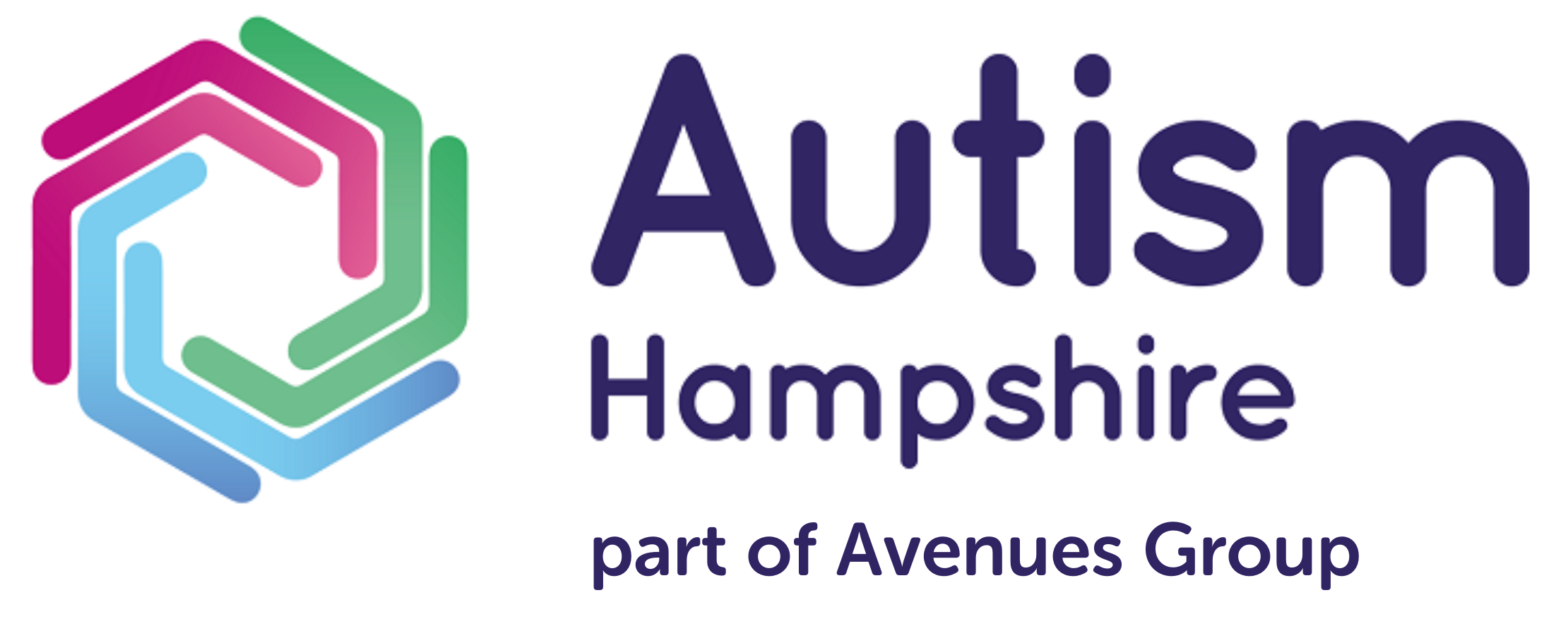Making Workplaces Autism-Friendly
Making Workplaces Autism-Friendly
There are a number of changes that an employer can put in place to make a workplace more autism-friendly. A workplace that recognises neurodiversity is a workplace that is better for all workers. It will also benefit autistic workers who may not be aware they are autistic. It will help workers who do not have a formal diagnosis. It will also support those who do not have the confidence to ask for changes.
Here are some suggestions for possible changes to the workplace to make it more autism-friendly:
- Clear and logical rules and expectations.
- A relaxation space in the workplace: e.g. a quiet room.
- Limit sensory distraction/overload in the workplace. For example, maximise natural light, allowing easy control of light and temperature, removing strong smells.
- Information about autism, and about support services, available so that all workers can access it.
- Training for managers and others about autism, including recognising autistic positives and skills.
- All instructions and policies to be written and communicated clearly and accurately.
- Tools to assist personal work organisation, for example visual timetables, organiser apps.
- That only fair criteria are used for assessment/promotion.
- That work schedules are adhered to.
Include autism in harassment and bullying policies. This helps minimise harassment and bullying of autistic workers. It also makes sure that managers or employees who bully or discriminate against autistic workers are dealt with appropriately.
Reasonable adjustments for individual autistic workers might include:
- Paid time off when needed.
- Fixed hours rather than variable shifts.
- Limit specific sensory stimuli in the workplace. For example, find a quieter area for the individual’s workstation. You could also choose a part of the office that is less bright.
- Change the work location if needed. For example, move the individual closer to home or nearer support facilities. Another choice is to find a location that is quieter or less over-stimulating.
- Extra breaks to help relaxation.
- Offer a mentor.
- Individual support where schedules are unavoidably disrupted and when changes are introduced.
- Alter the way in which assessments are carried out.
- A clear routine and work schedule.
- A personal workstation (rather than sharing a workstation or ‘hot-desking’).
- Relaxation of triggers for disciplinary action for matters such as sickness absence or mistakes arising from executive function impairment.
- Extra training time off for treatment/appointments, as part of a policy for disability leave.
- Re-allocating some work to colleagues, with their agreement.
Access To Work funding may be available for some of these measures. You can see more information about this here: www.gov.uk/access-to-work/.
